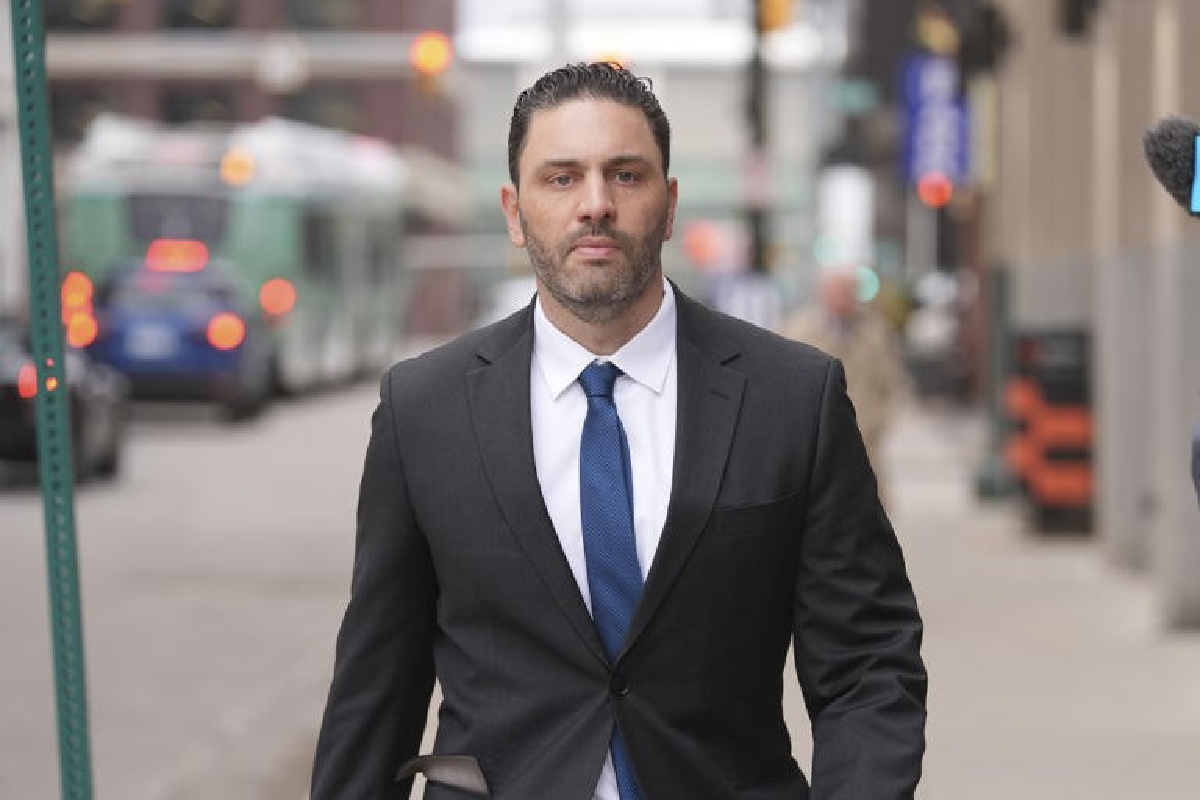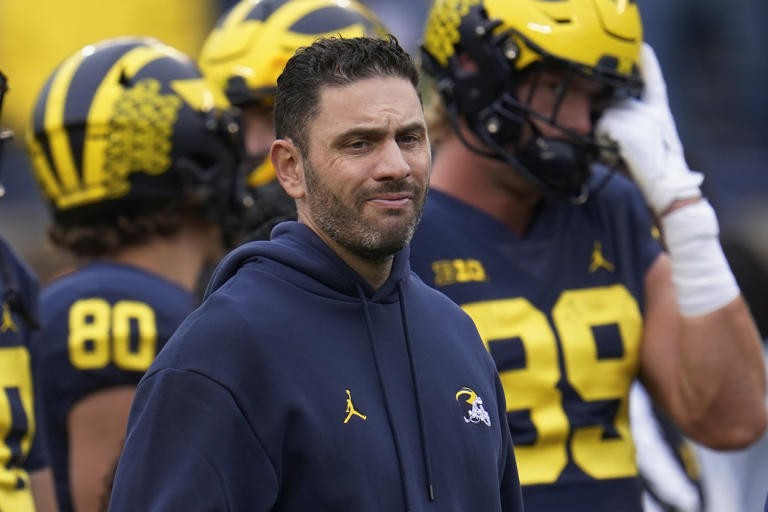Former Michigan, Baltimore Ravens coach accused in massive athlete hacking scandal

A federal court filing revealed shocking new details this past week in the cyber exploitation case against ex-University of Michigan football coach and former Baltimore Ravens assistant Matt Weiss, exposing a years-long scheme to steal intimate images from thousands of athletes and students.
Systematic Targeting of Private Images
Prosecutors allege Weiss, 38, systematically hacked social media, email, and cloud accounts of over 2,000 collegiate athletes and 1,300 students/alumni nationwide between 2015-2023. The indictment claims he targeted private photos and videos, predominantly of women, using stolen credentials. The Justice Department’s Mega Victim Case Assistance Program confirmed investigators seized “thousands of candid, intimate photographs and videos” from Weiss’ devices, including explicit content showing victims nude or engaged in sexual acts.
Football World Reels from Allegations
Weiss, who served as Michigan’s co-offensive coordinator during their 2022 College Football Playoff run after spending 12 seasons with the Baltimore Ravens, pleaded not guilty to felony identity theft and computer fraud charges in March. His attorney declined to comment, while the university fired him in 2023 amid its internal probe. The scandal has sent shockwaves through football circles. Los Angeles Chargers coach Jim Harbaugh, who supervised Weiss at Michigan, called the allegations “deeply disturbing,” echoing identical remarks by his brother John Harbaugh, Weiss’ former boss with the NFL’s Baltimore Ravens.
Legal Battle Intensifies Over Institutional Accountability
Victims’ attorney Parker Stinar, who filed one of multiple pending lawsuits against Weiss, the university, and a tech vendor, is pushing for accelerated evidence disclosure. “Families deserve to know how institutional failures allowed this predator unchecked access for nearly a decade,” Stinar told AP. The university has yet to formally respond in court.
Setting Precedents in Digital Privacy Law
Legal experts note the case could set precedents for digital privacy obligations in collegiate sports. Under the Computer Fraud and Abuse Act, Weiss faces up to 25 years if convicted. A status hearing is scheduled for June 28 in Detroit federal court.
Calls for NCAA Overhaul to Protect Athletes
As investigations continue, athletes’ advocacy groups are demanding NCAA reforms to prevent coaches from accessing personal accounts—a vulnerability Weiss allegedly exploited for eight years. “This isn’t just about one bad actor,” said National Athlete Advocacy Coalition director Lydia Ramos. “It’s about dismantling systems that treat athletes’ privacy as an afterthought.”
